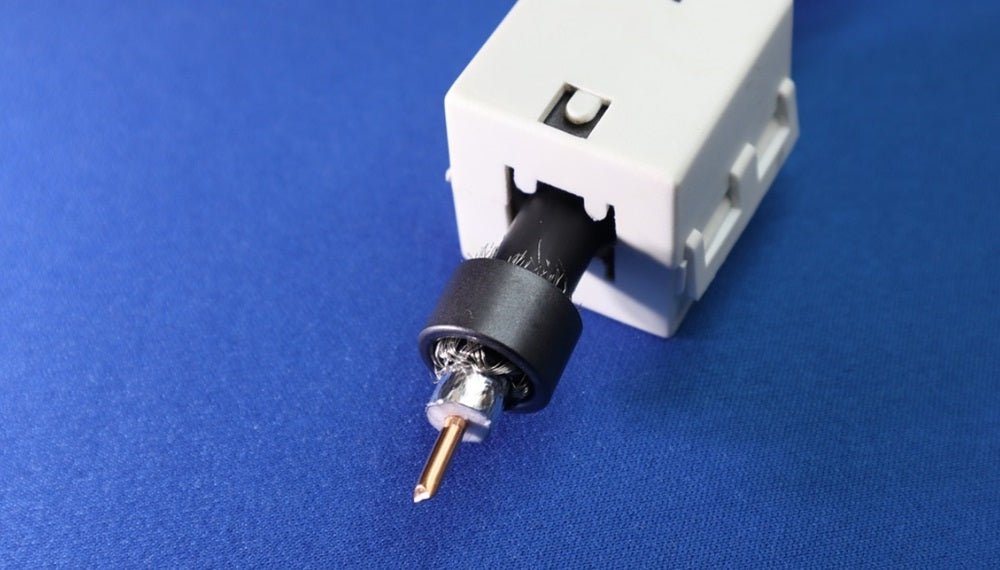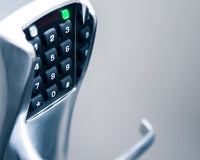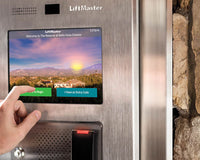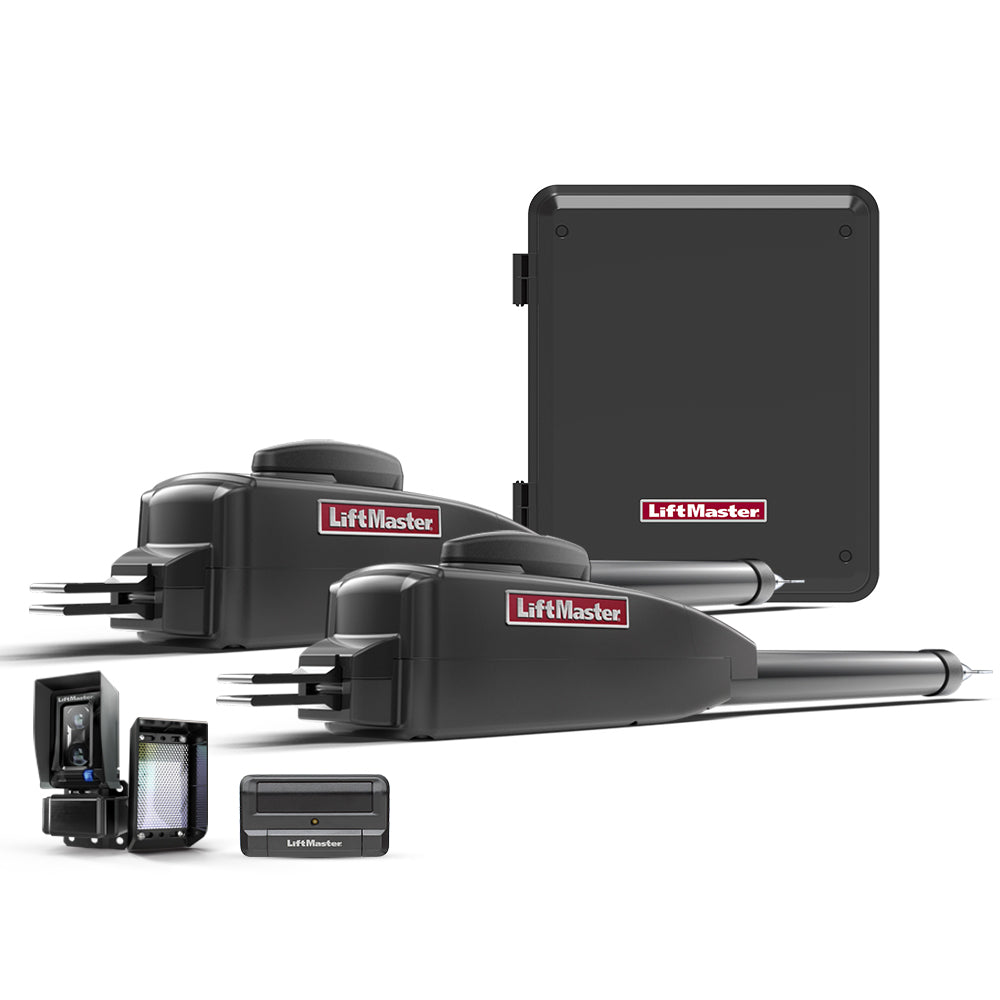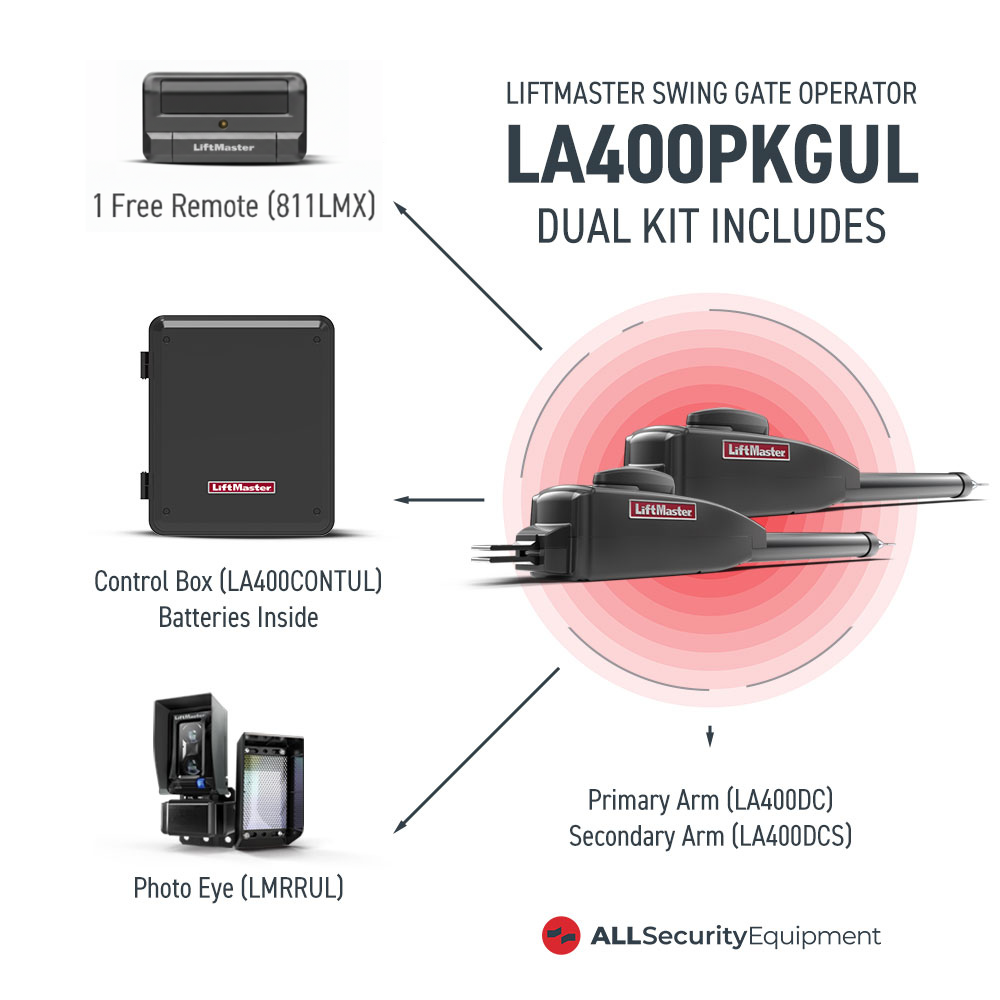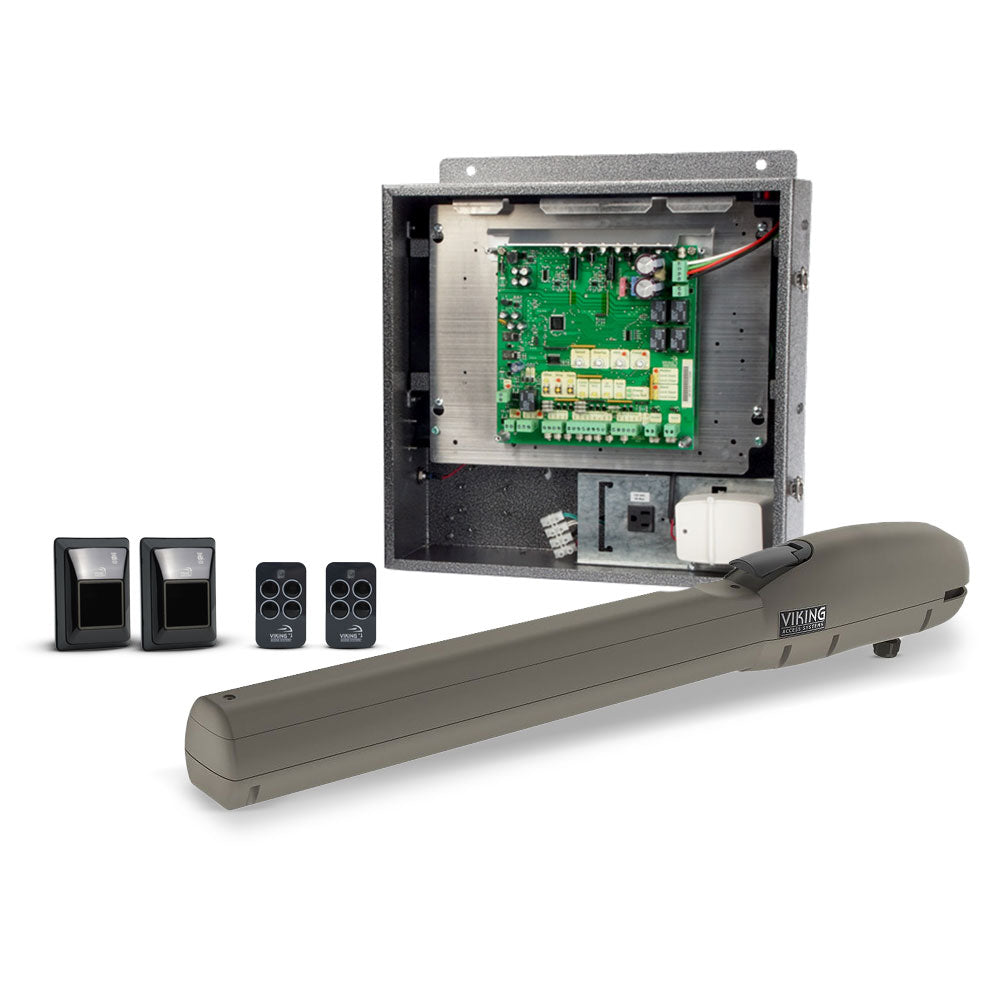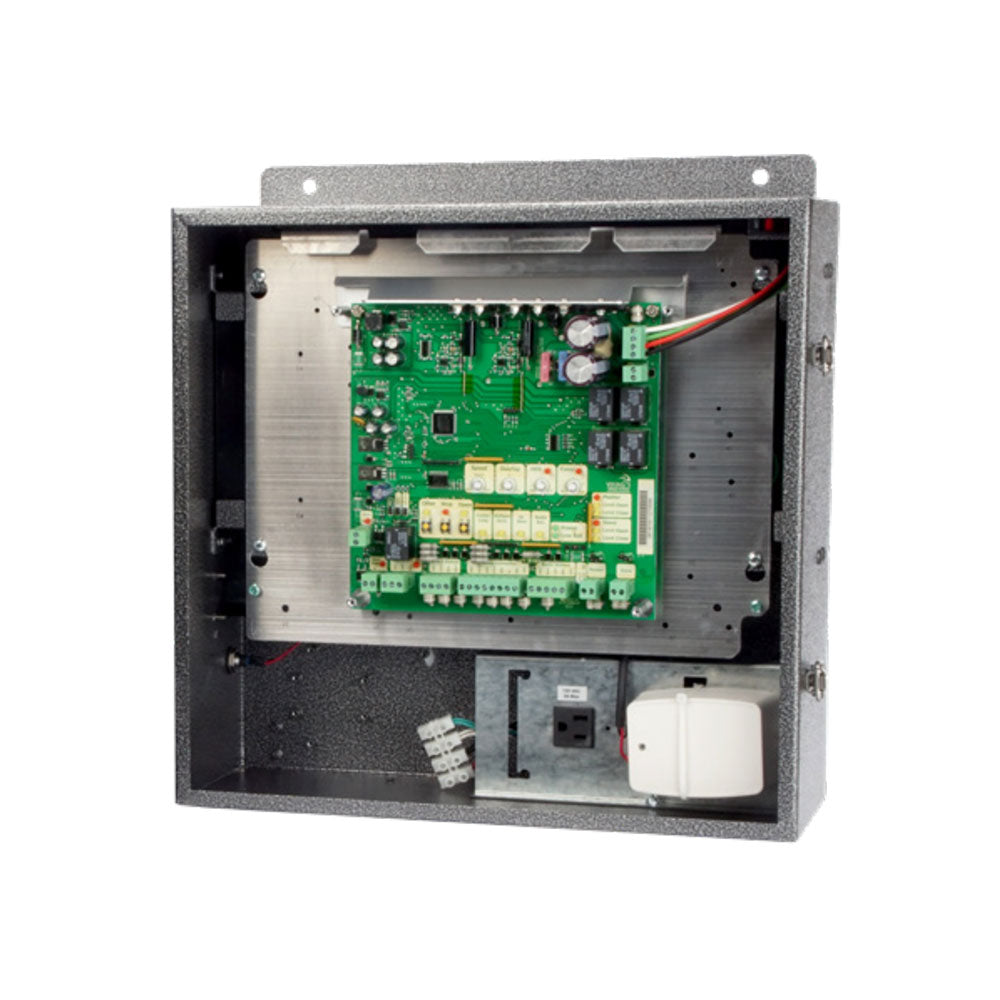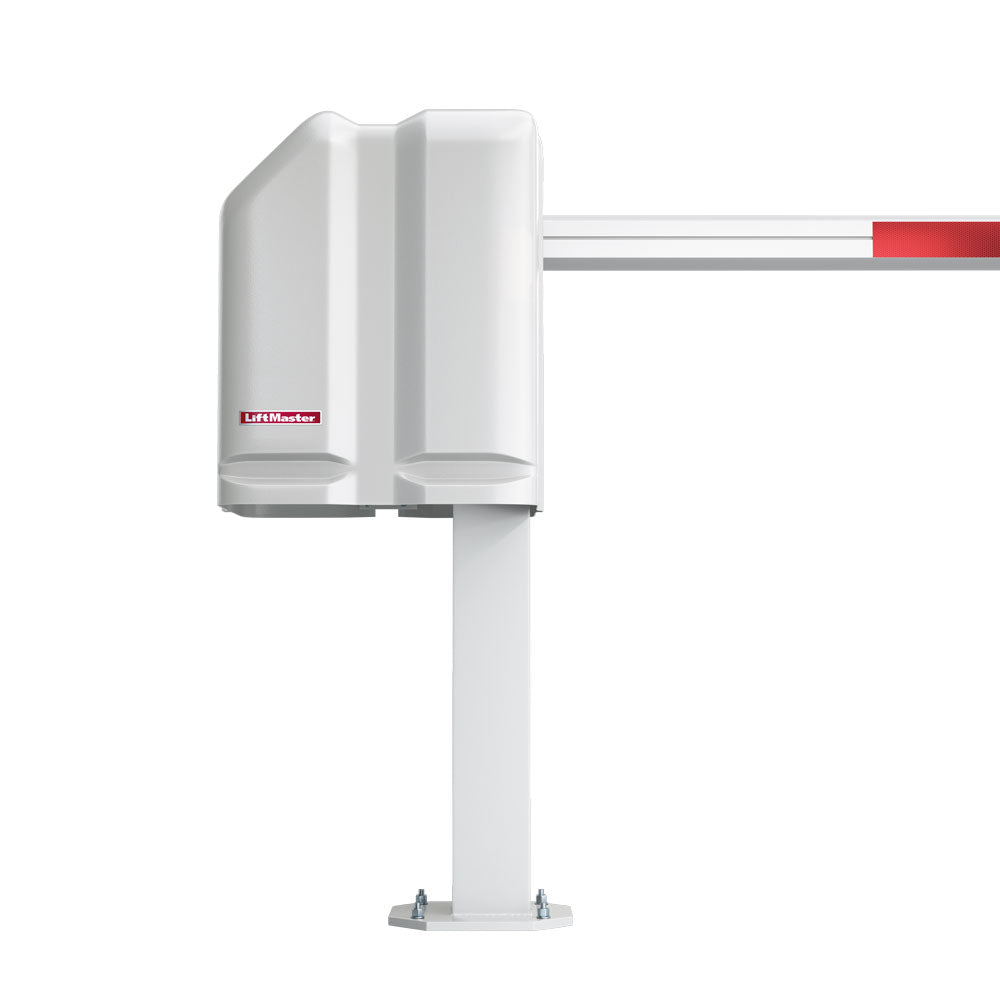Communication systems rely greatly on coaxial cables for data and signal transmissions. Your television, internet connection, cable service, and computer networks all need the right coaxial cable for the best user experience.
Before you head out to your local hardware store for the best cable, it may help to consider several factors first. Coaxial cables look similar, but they are not all the same. The wrong choice may greatly impact your entire system.
If you need help with coaxial cables, you can visit All Security Equipment for a wide range of options suitable for various purposes. You also want to check out this comprehensive guide to find the best coaxial cable for your home or business.
Coaxial Cable Applications
Coaxial cable, or simply coax, is a bundled wire made of different structures that transmits an electrical signal. It is an important part of the network system and is needed for optimal signal transmission.
A coaxial cable has a central copper conductor that primarily handles the data transmission. It has a dielectric plastic insulator that insulates the conductor and is surrounded by a braided mesh of copper conductor. This braided shielding serves as a barrier that prevents electromagnetic interference.
These parts are all enclosed in an outer jacket made of polymer and plastic coating that holds them together and prevents damage.
Coaxial cables are protective against electromagnetic interference. It means that they can be safely installed near metal objects without compromising signals with power loss.
Coaxial cables have different applications, such as:
- Radiofrequency (RF) signals for connecting radio receivers to antennas
- Digital Audio (S/PDIF) for audio transmission
- Cable television for distributing TV signals
- High-Definition TV (HDTV) to ensure high-quality video signals
- Ethernet for computer data transmission
- Security Systems for transmitting video surveillance signals
Types of Coaxial Cable
Based on their applications, here are the different types you may encounter when looking for the best coaxial cable. The most commonly used are:
Hardline Coaxial Cables
Hardline cables typically have larger diameters than other coax cables, and their inner conductor tubings are made of gold, silver, or a combination of other metals.
This is the traditional coaxial cable type that serves many large facilities for cable TV, phone services, and internet connections. Hardline cables may still be used in medium facilities today.
Twin- Axial (Twinax) Cable
IBM is the main user of Twinax cable for its computer and network systems. Twin-axial cables have the same structure as common coaxial copper.
However, instead of one copper conductor, twinax has two conductor wires twisted inside the shield. It is used for computer networking and data transmission, particularly in short-distance connections like the local area network (LAN).
Triaxial Cable (Triax)
Triaxial cables are the coax cables used in HD broadcast cameras for television production. Triax has an addition of an extra layer of insulation and conducting sheath for greater bandwidth and lesser noise and interference.
RG Coaxial Cables
RG cables, or Radio Guide cables, are often used in households and businesses to transmit radio frequency signals and data. They are indicated by numbers such as the RG-6, RG-11 and RG-59 and have different impedance levels, shielding and bandwidth.
- RG59 cable is used for shorter cable runs like radio antennas, security cameras, and home surveillance systems.
- RG6 coaxial cable is used by internet providers for digital TV, broadband, satellite TV, and video surveillance. With a 75-ohm impedance, it offers higher bandwidth capabilities and low signal attenuation even in longer runs.
- RG11 is the antenna cable used by TV distribution networks, CATV systems, and high-speed data transmissions. It has low attenuation or signal reduction, making it viable for long-distance runs. It is also resistant to outdoor conditions suitable for direct burial applications.
Factors in Selecting the Best Coaxial Cable
Now that you know which cable is ideal for your particular needs, consider these factors when choosing one.
1. Cable Type and Size
Pick the cable that supports the desired applications. The coaxial cable must be suitable for your intended usage, such as digital cable TV, radio, ethernet, or internet connections.
Coaxial cable sizes are denoted by numbers like 2/12-27, etc. The first number indicates the diameter, and the next is the shielding layer.
2. Cable Length and Thickness
The length and thickness of the coaxial cable may define the signal and efficiency of transmission. The longer the length of the cable, the more signal loss that may occur. Choose cables that are excellent for the intended distance to minimize the tendency of signal loss.
3. Frequency and Transmission Speed
The best coax cable must support the frequency range or signal that needs to be transmitted. It must be able to transmit the desired frequency range without power loss.
Frequencies are measured in hertz (Hz) to support different data speeds. RG6 typically has a working frequency of 1-5 GHz and is ideal for long-range connections.
4. Coaxial Cable Connectors
The cable connector needs to be compatible with the specific equipment. The connectors are the plated metals found on each end of the coaxial cable where the equipment is connected.
There are different connectors, such as SMA connectors, SMB connectors, N-type, F connectors, UHF, FME, and TNC connectors. These need to match the equipment or you may need an appropriate adapter for it.
5. Environmental Conditions
The environmental condition for installation must also be considered when buying a coaxial cable. If it needs to be installed outdoors, it must be able to resist extreme temperatures, moisture and UV exposure.
Indoor installations require a coaxial cable to be fire-rated. Either way, coaxial cables need to be durable for a reliable and lasting performance.
Choosing a Coaxial Cable
Coaxial cables are crucial in maintaining the signal quality of equipment. Choosing the right cable depends on the specific use and connection requirement.
For seamless signal and data transmissions, get the best coaxial cable from All Security Equipment. We offer durable coaxial cables and connectors that ensure performance and longer service life.
If you are unsure about coaxial cable matters, give our customer service team a call for further assistance.

